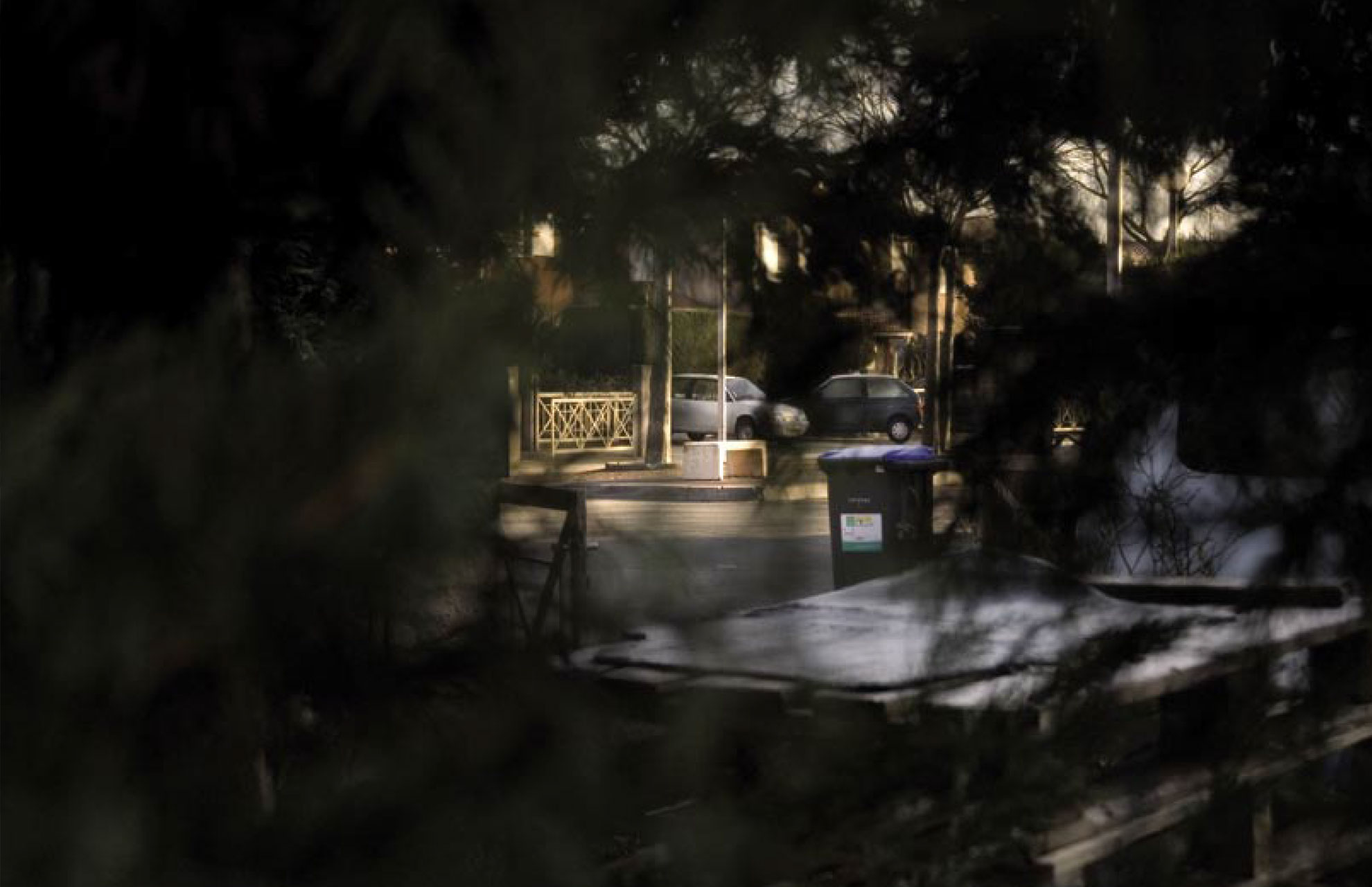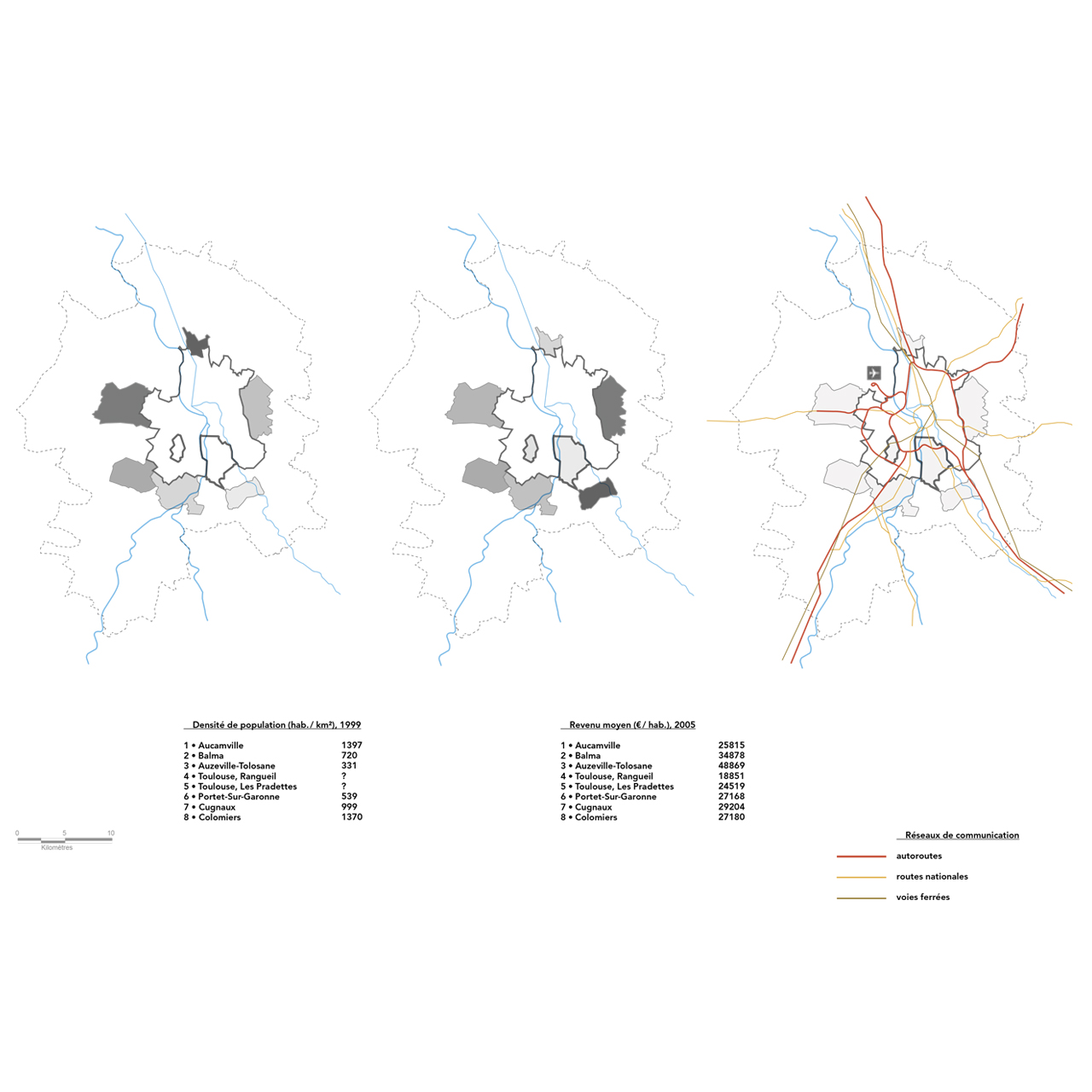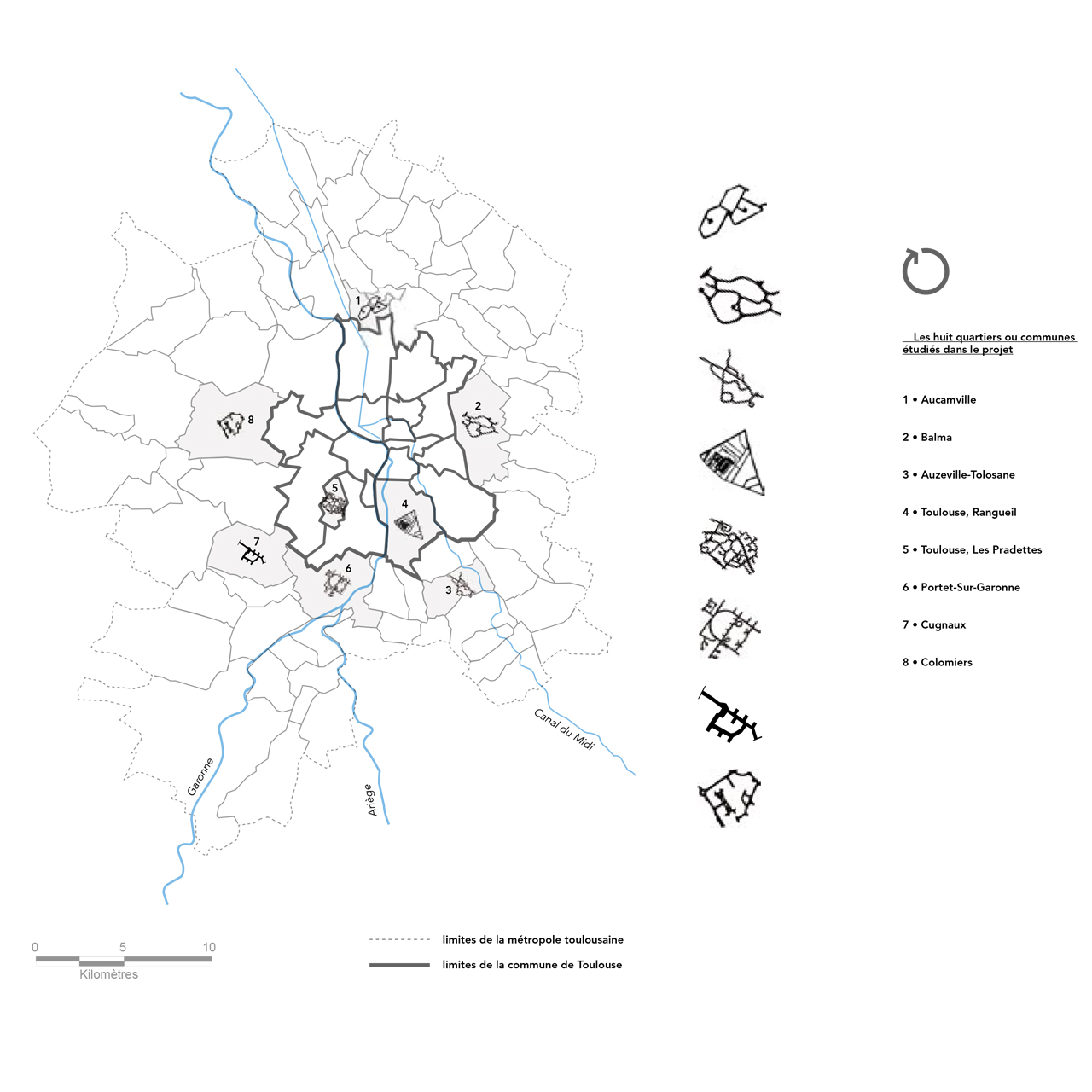


Whether it is the constructed space that identifies it or the object that qualifies it, the domestic is in the centre of political, economic, industrial and social issues; but also at the heart of aesthetic, formal and psychological concerns, lifestyles, human ecology and industrial structures. These are the invariable components of a politics of the habitat and the object in a culture that never ceases to build, but also to forget. The domestic space, through its banality but also through its exceptionality, questions everyday life by codifying our relationship to the world, from the parental home to the "last" home.
Communiqué de presse
If the designer borrows from everyday life, it is because there is the seed of a global reflection in which questions about lived reality, its codes and its symbols are articulated. The questions linked to the management of resources, the alteration of human relations caused by economic changes and the continuous evolution of technology oblige us to invest in new lines of research, to propose new codes, to envisage critical perspectives linked to these new situations in order to think of spaces and objects that can respond to the concerns that are emerging and to conceive of innovative territories that we can appropriate.
Head of isdaT: Nathalie Bruyère
Scientific leaders for the LISST-cieu: Marie-Christine Jaillet, CNRS Research Director
With Fabrice Escaffre, Researcher, Teacher.
